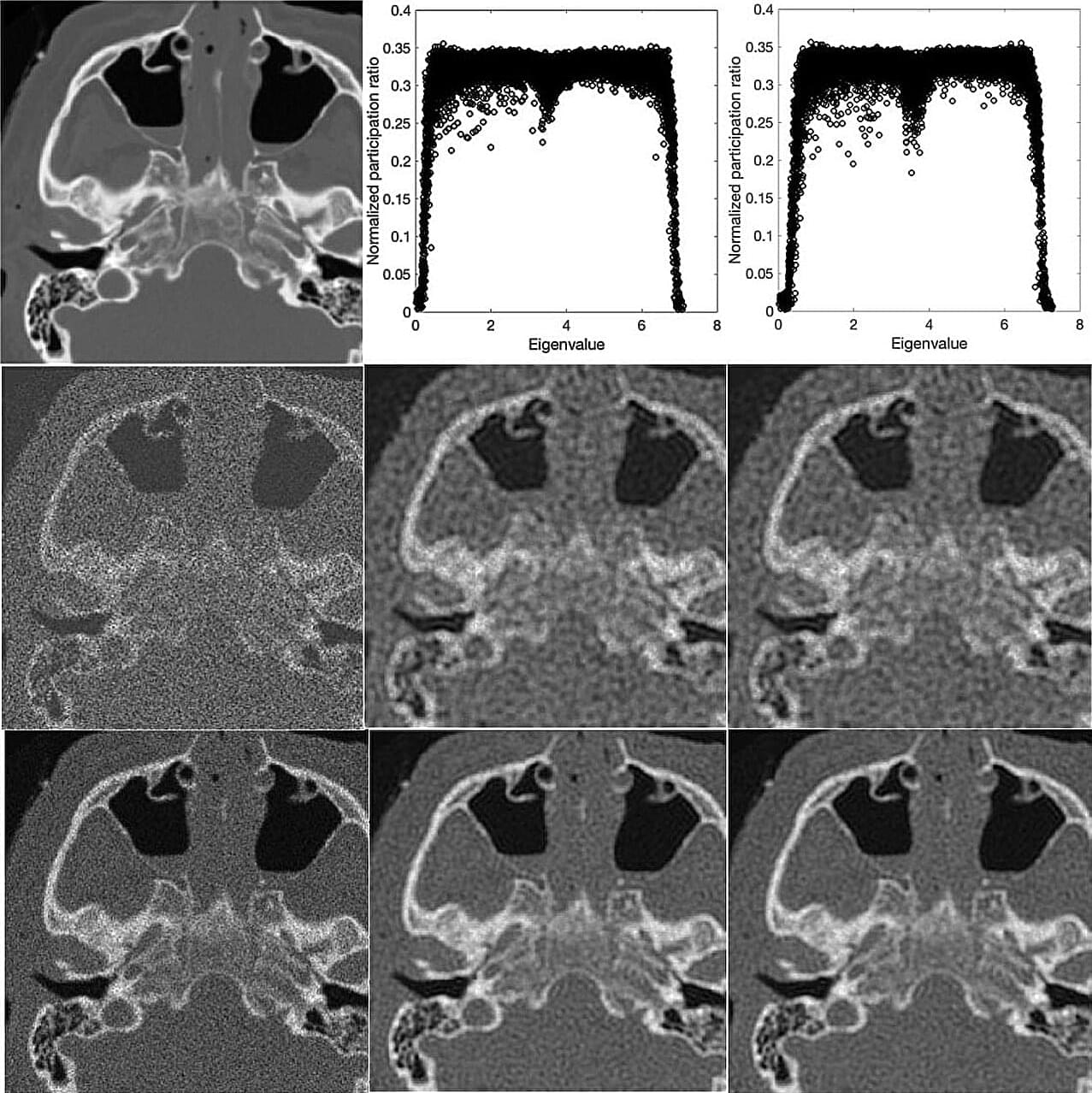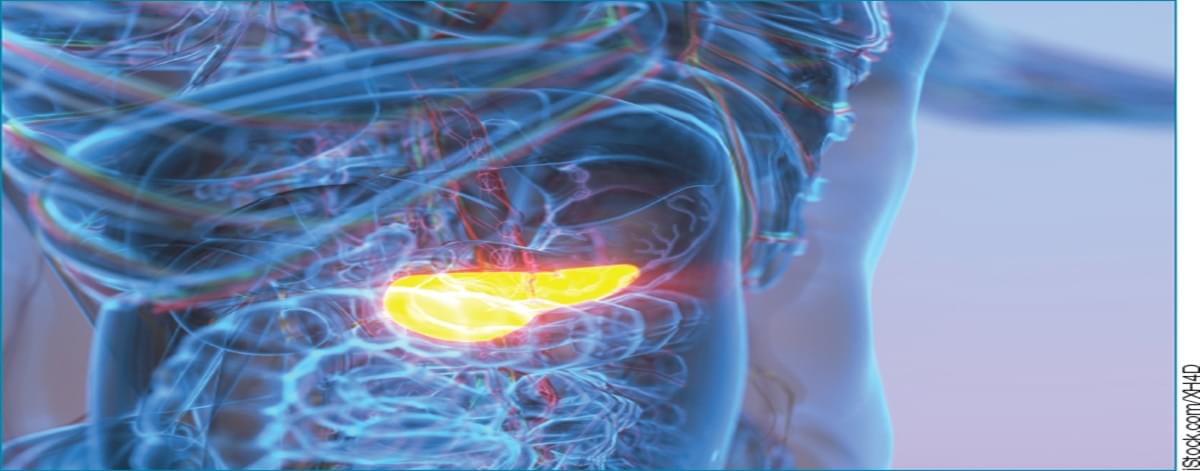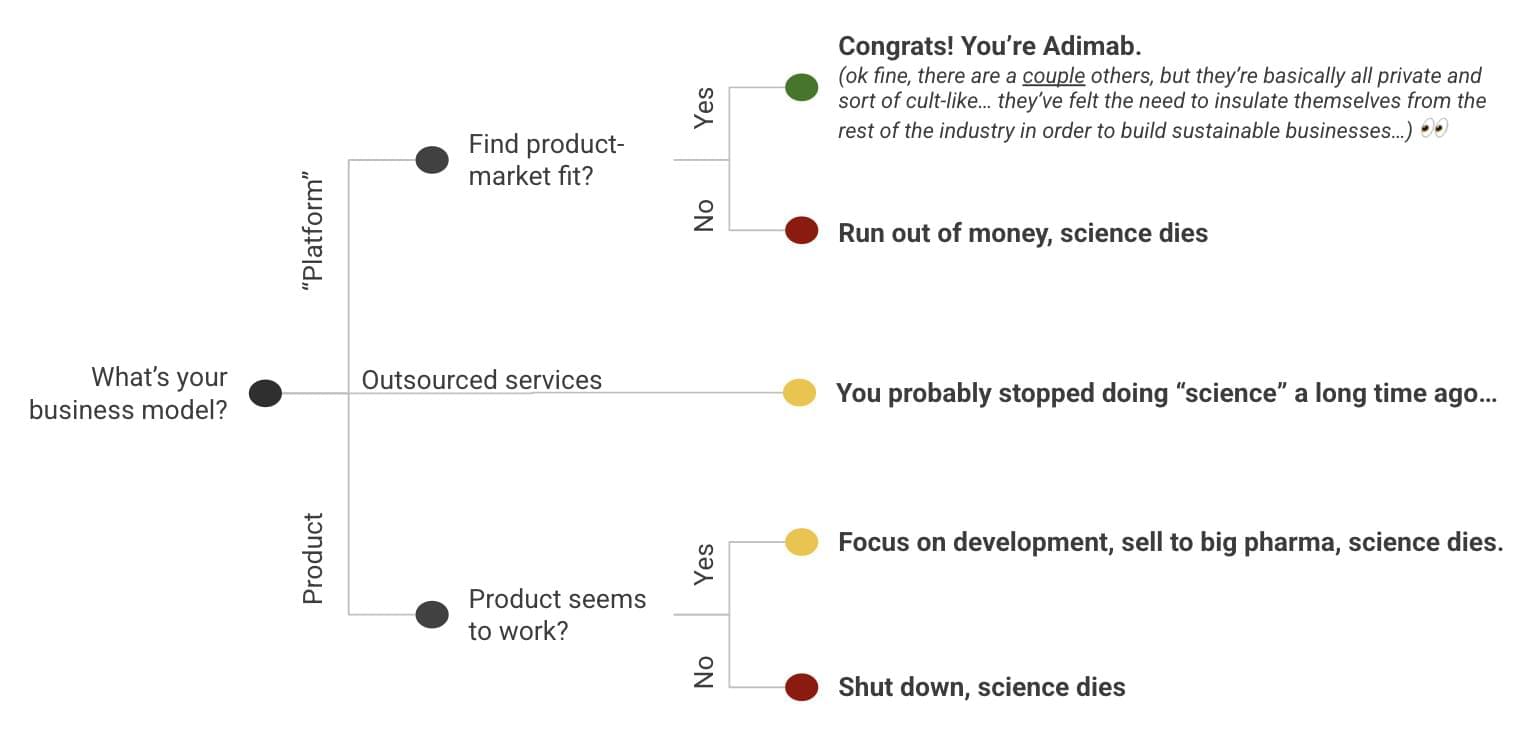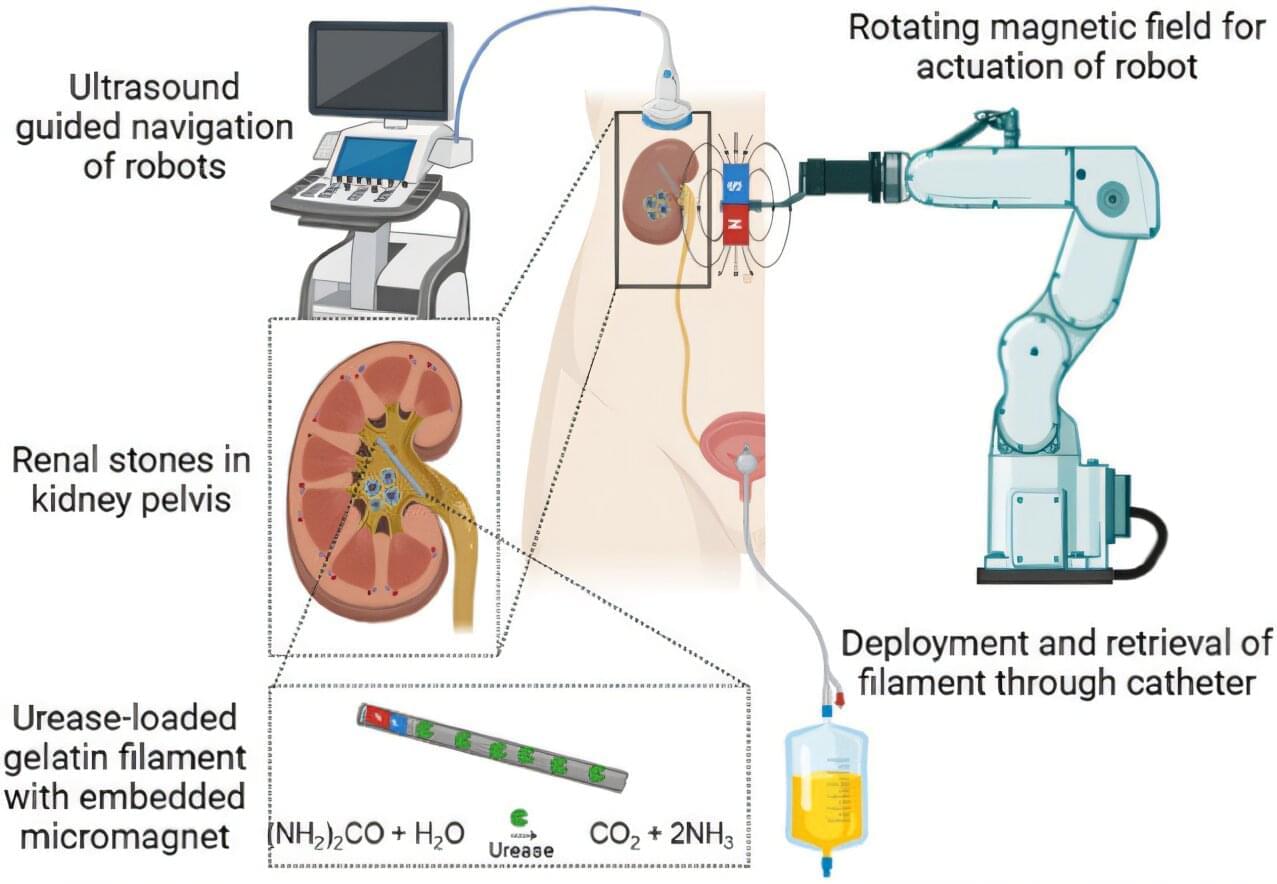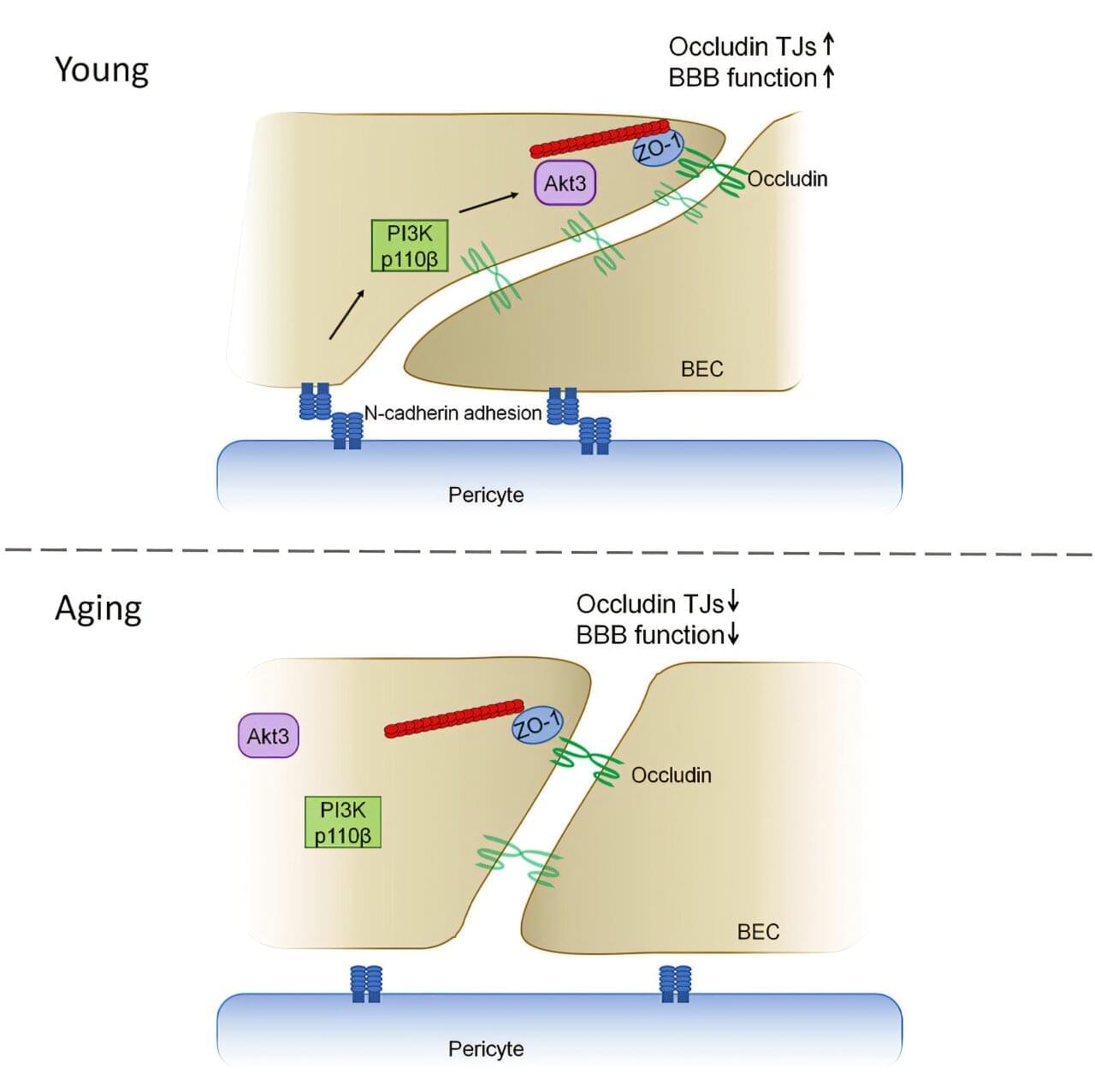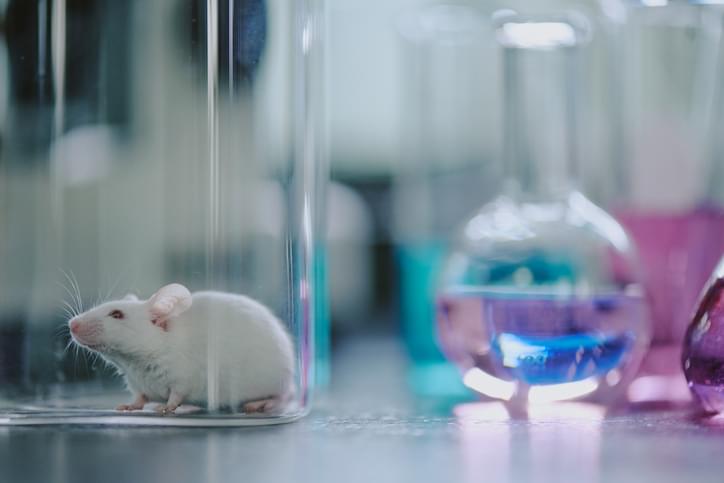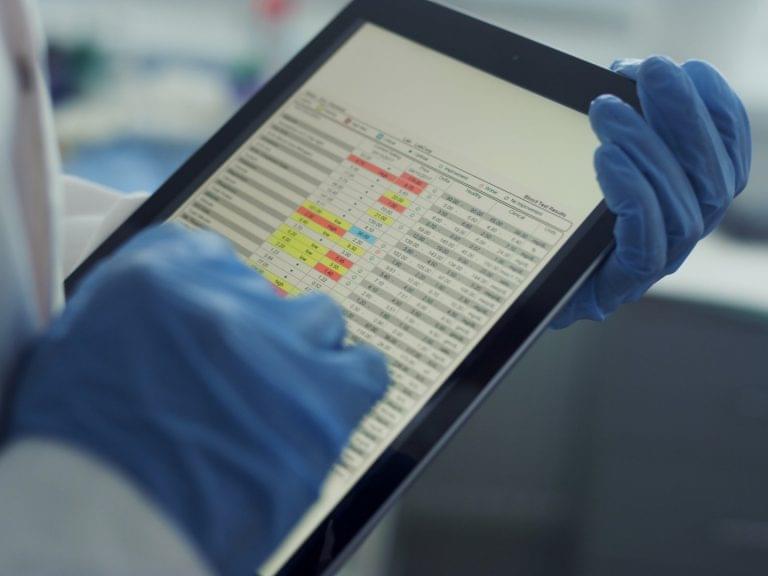Medical imaging methods such as ultrasound and MRI are often affected by background noise, which can introduce blurring and obscure fine anatomical details in the images. For clinicians who depend on medical images, background noise is a fundamental problem in making accurate diagnoses.
Methods for denoising have been developed with some success, but they struggle with the complexity of noise patterns in medical images and require manual tuning of parameters, adding complexity to the denoising process.
To solve the denoising problem, some researchers have drawn inspiration from quantum mechanics, which describes how matter and energy behave at the atomic scale. Their studies draw an analogy between how particles vibrate and how pixel intensity spreads out in images and causes noise. Until now, none of these attempts directly applied the full-scale mathematics of quantum mechanics to image denoising.
